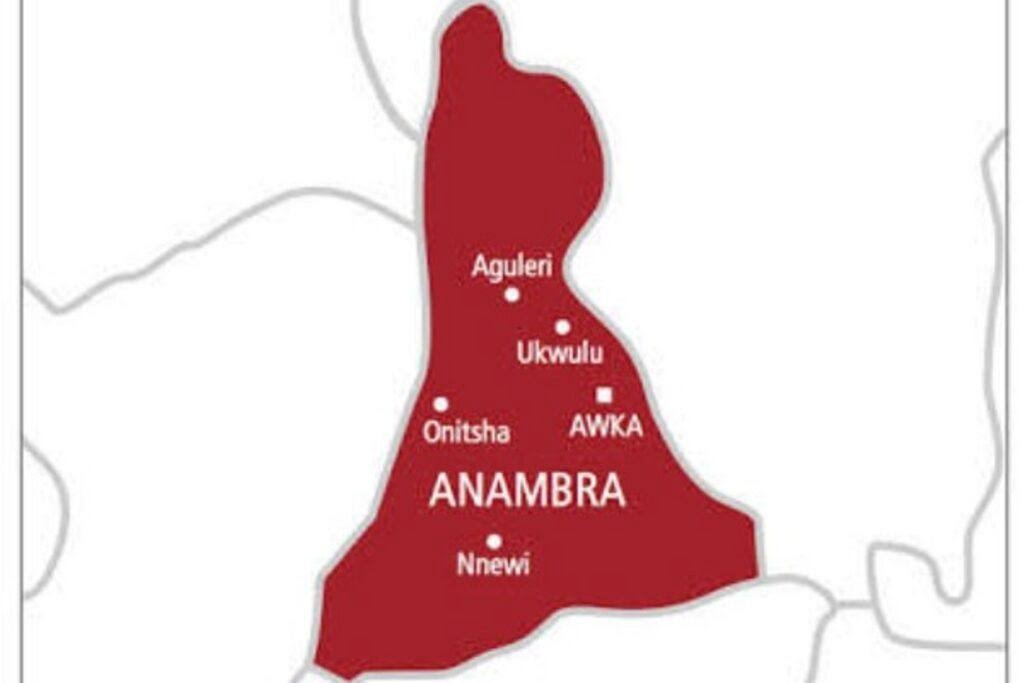A former governor of Kebbi State, Saidu Dakingari, risks arrest by the Economic and Financial Crimes Commission should he fail to honour the order of a Federal High Court sitting in Kebbi to appear before it.
The order followed the failure of the former governor to appear before the court for his arraignment after being served with a fifteen count charge on June 20, 2018 by the Economic and Financial Crimes Commission, EFCC.
Mr Dakingari is to be arraigned alongside three others, Sunday Dogonyaro, Abdullahi Yelwa and Garba Rabiu Kamba for allegedly receiving a cash sum of N700 million, part of the $115,000,000 allegedly distributed by a former Minister of Petroleum Resources, Deizani Alison-Madueke, to influence the 2015 general election.
On the last adjourned date, only the 4th defendant, Garba Kamba, was in court, forcing the court to issue an order of substituted service on the 1st, 2nd and 3rd defendants.
The order was duly executed by the prosecution on all three defendants. Still, when the case was called today, the defendants were absent.
However, the 1st, 2nd and 3rd defendants through their counsel provided the court with explanations for their clients not appearing before it.
The counsel for the 1st defendant, Ibrahim Mohammed, informed the court that his client is still out of the country and he became aware of the charge against him on June 20 after which he briefed them to appear on his behalf to plead with the court to grant him seven days to appear.
After pleading for an adjournment, the defence counsel moved an application for preliminary objection which he filed on June 22. In his preliminary objection, the first defendant is challenging the jurisdiction of the court to entertain the matter on grounds that the procedure followed to serve his client violated the provision of rule 5 of the Federal High Court Practice Direction, 2013.
The prosecution counsel, Johnson Ojogbane, opposed the preliminary objection orally. Mr Ojogbane argued that the 1st defendant does not have right to raise any objection at this stage. Mr Ojogbane supported his argument with section 396(1)(2) of the Administration of Criminal Justice Act, 2015 which says all application may be raised after the plea of the defendant has been taken.
“The defendant has right to bring any objection but such objection can only be taken after plea had been taken. The defendant in this case has not submitted himself to this court. We urge my Lord to reject and dismiss the application in its entirety,” Mr Ojogbane submitted.
Mr Ojogbane further submitted that, it is not correct where the defence counsel said that his client only became aware of the charge on June 20. He reminded the court that in his motion ex parte, which the court ruled on at the last adjourned date where the defendant was instructed to appear in court, the prosecution had underlined the efforts to ensure the defendant was served but the 1st defendant refused to honour invitation by the commission.
On the issue of rule 5 of Federal High Court Practice Direction, Mr Ojogbane responded that section 382(5) of ACJA, being an Act of Parliament, is superior to Practice Direction.
In his ruling, Justice Amobeda agreed with the prosecution and dismissed the application.
Counsel for the 2nd defendant, Lagalo Dan Lagalo, apologised to the court for his client’s absence which according to him was because his client, like the 1st defendant, is also not in the country.
The counsel for the 3rd defendant, A. Maidawa, informed the court that his client was not in court due to ill health which the prosecution also confirmed.
Consequently, Mr Ojogbane after thanking the court for a well grounded ruling, requested it to invoke section 394 of ACJA for a bench warrant to be issued on the 1st and 2nd defendants.
Both counsel for the 1st and 2nd defendants conceded the fact that the court can invoke section 394 as prayed by the prosecution counsel, but pleaded with the court for leniency. They both however undertook to bring their clients before the court on July 2 for arraignment.
After listening to the prayers of both parties, Justice Amobeda adjourned the matter at the instance of the defendants and ordered their counsels to bring them on July 2. He however warned that, failure to bring the 1st and 2nd defendants would leave him no option but to invoke section 394 of ACJA and issue a bench warrant for their arrest.
The case has been adjourned to July 2 for arraignment.



